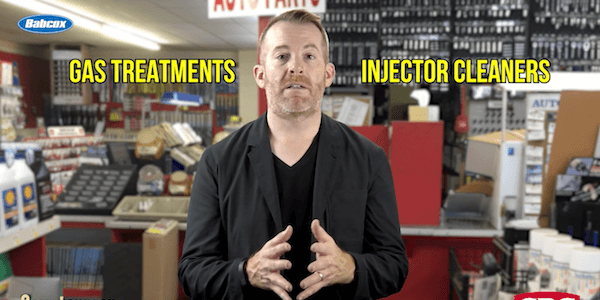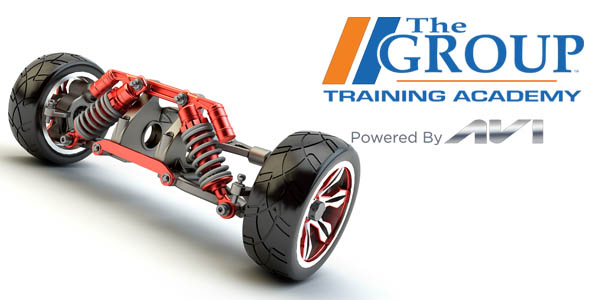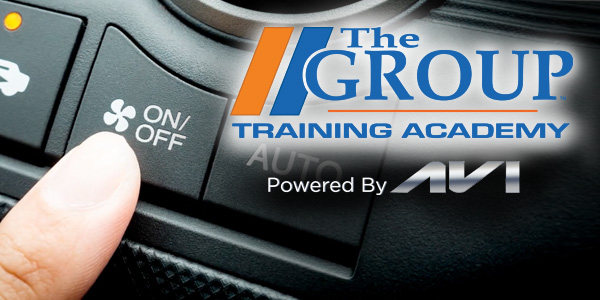How much do you know about Complete Fuel System Cleaners? Counter Intelligence is Next!
Hi guys, it’s Mark Phillips. In my last video, we reviewed two of the three most popular fuel cleaner additives today, gas treatments and injector cleaners. Today, we’re continuing our discussion by adding Complete Fuel System Cleaners. So, what are they? These typically contain the highest concentrated dosage of cleaner to not only clean injectors, but also dirty intake valves, combustion chambers and the tops of the pistons. Hard carbon deposits that form on the intake valves can obstruct airflow. The problem is made worse if the valve guides and seals are worn. Deposits that form inside of the combustion chamber and on the tops of the pistons can reduce the volume of the combustion chamber and increase compression, which increases the risk of pre-ignition and detonation. Complete fuel system cleaner helps clean all this mess up.
One of the more challenging applications is late-model engines with Gasoline Direct Injection (GDI). With GDI, fuel is injected directly into the combustion chamber under high pressure. On port injected engines, the injectors are located in the intake manifold and spray fuel into the intake ports. This washes the intake valves and helps keep them clean (provided there is an adequate level of detergent in the gasoline to keep the valves clean). But there is no such cleaning action with GDI, so thick carbon deposits can build up on the intake valves and hurt performance and fuel economy. The problem is worse in some engines, such as VW GDI engines, where there is a lot of oil vapor recirculating back into the intake manifold via the PCV system.
Well, there you have it. Over two videos, we’ve discussed three types of fuel cleaner additives designed to keep engines running as efficiently as possible. Keep those questions and comments and if there’s a topic you’d like me to discuss, let me know in the comments section. I’m Mark Phillips and thanks for watching.






